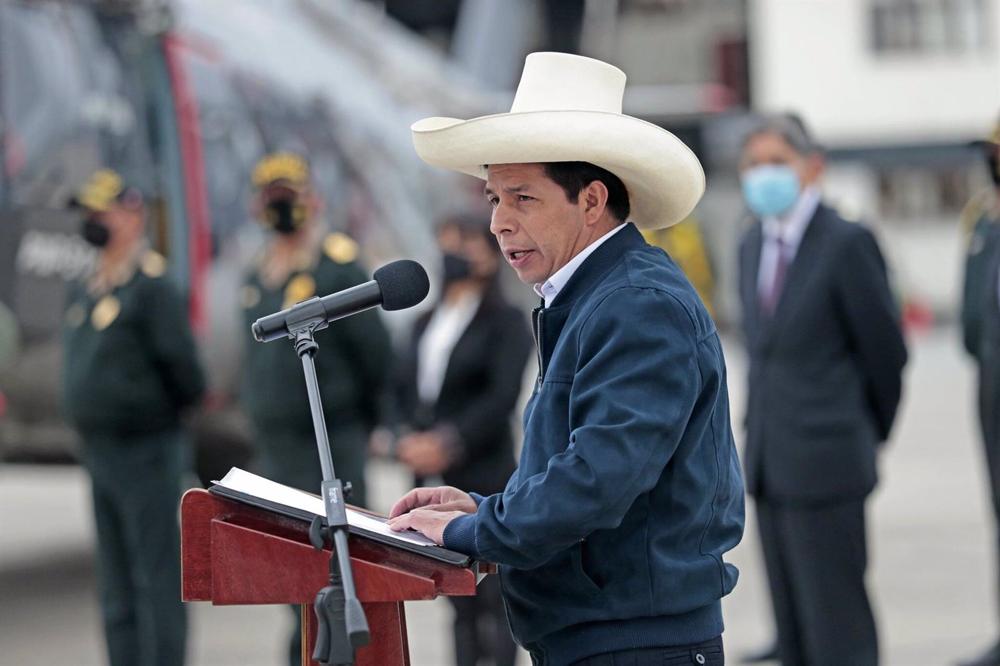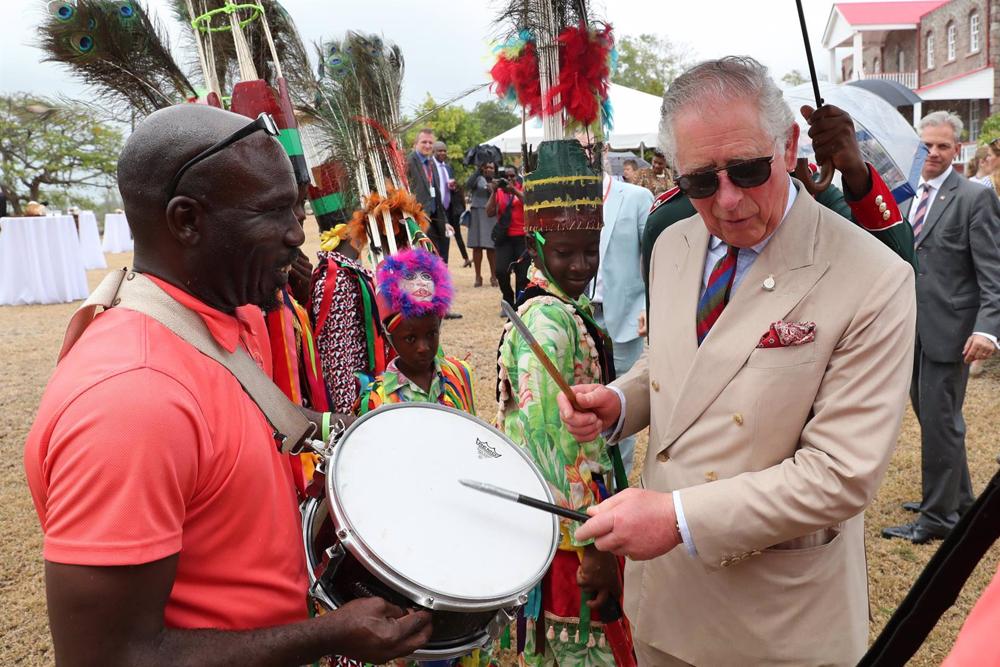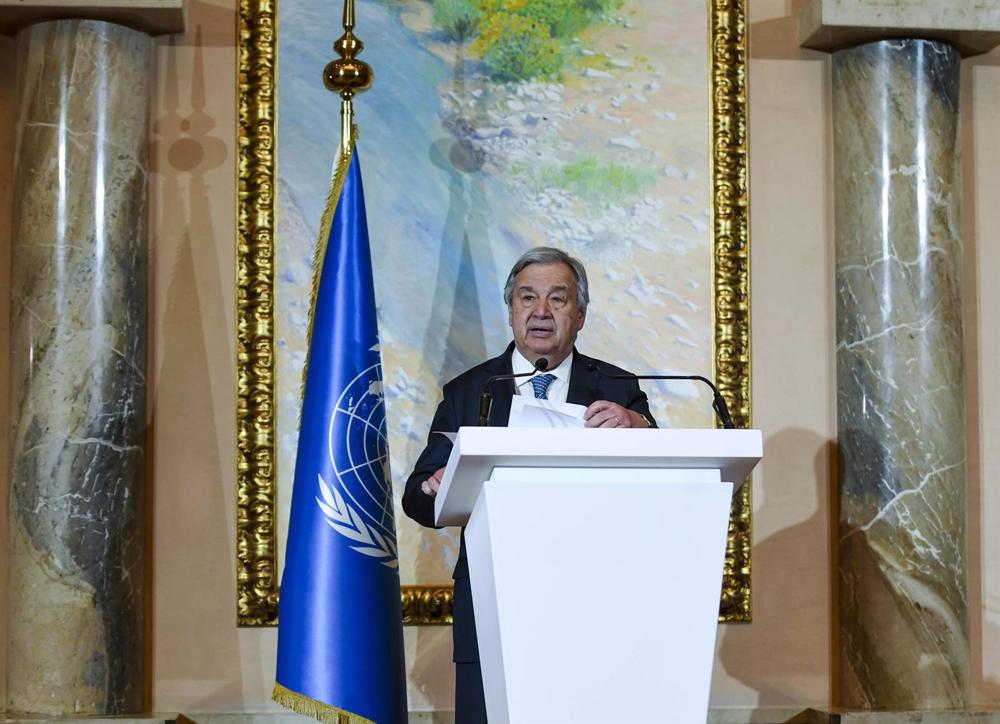
The Constitutional Court of Peru has ordered on Tuesday the Peruvian Congress to annul the complaint for alleged treason filed against the Peruvian president, Pedro Castillo, requesting his disqualification for five years.
The highest interpreter of the Peruvian Magna Carta has agreed with the president’s defense after it argued that the accusation filed by the Subcommittee of Constitutional Accusations of the Congress against Castillo was arbitrary, as reported by the radio station RPP.
Specifically, the Constitutional Court has declared that an appeal by the president’s legal team requesting a habeas corpus is well-founded, assuring that the accusation of the parliamentary subcommittee does not meet the «parameters of reasonableness» and violates «the principle of interdiction of arbitrariness».
In this sense, the Peruvian Constitutional Court has annulled the agreement promoted last week by the subcommittee in which it urged the Parliament to accuse Castillo for an alleged treason.
«The Constitutional Court, with the authority conferred by the Political Constitution of Peru, has resolved to declare the ‘habeas corpus’ lawsuit founded and to declare the nullity of the agreement of the Subcommittee of Constitutional Accusations of the Congress (…) for violating the right to due motivation in parliamentary proceedings», states the resolution issued by the Peruvian Constitutional Court.
The report approved against the Peruvian head of state proposed to accuse him for alleged violation of the Constitution, reason for which it was recommended to disqualify him from the exercise of public office for five years, all this after having shown himself in favor of granting «sea for Bolivia», according to ‘Diario Correo’.
«In the development of the grounds, no precision is made as to what extent the statements of the President of the Republic can be subsumed in the crime of treason (…) it is not specified to what extent it can constitute ‘an act aimed at subjecting the Republic to foreign domination or make a part of it independent’,» alleges the Constitutional Court on that report.
With 11 votes in favor and 10 against, the parliamentary subcommittee approved a report sustaining that Castillo had betrayed the State, leaving the process in the hands of the Permanent Commission so that, later, it could be debated and voted in the plenary of the Congress.
After the Constitutional Court’s decision, President Castillo has avoided facing a possible accusation of treason, which would be the culmination of an innumerable list of complaints and incriminations against the president in the little more than 16 months he has been at the helm of Peru.
In this time, the head of state has not only seen himself accused of different crimes, mostly for alleged corruption, but has also spent much of his time appointing new ministers and up to four prime ministers in a remarkably tense political context.
The disqualification requires 66 votes, subtracting the members of the aforementioned Permanent Commission. The Peruvian press has warned that, based on the parliamentary arithmetic already shown in previous occasions, it is possible that the opposition will have the numbers in its favor.






